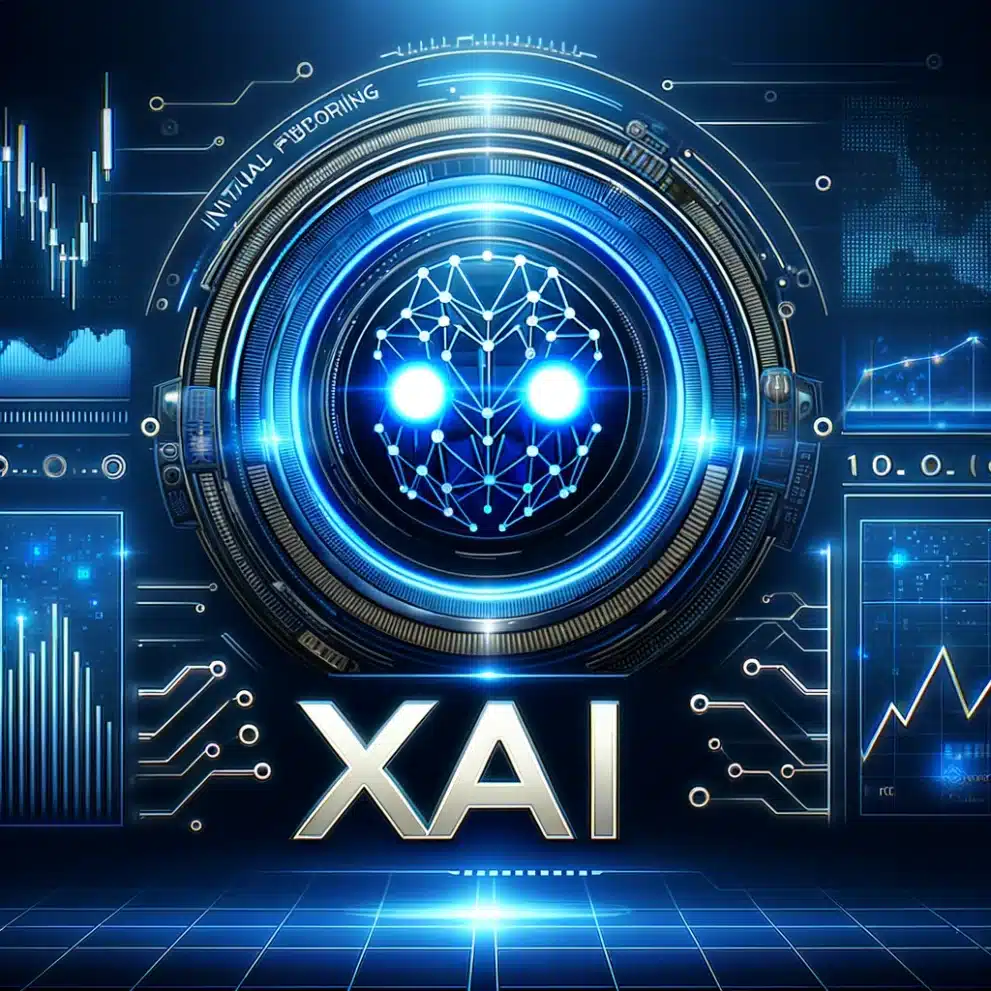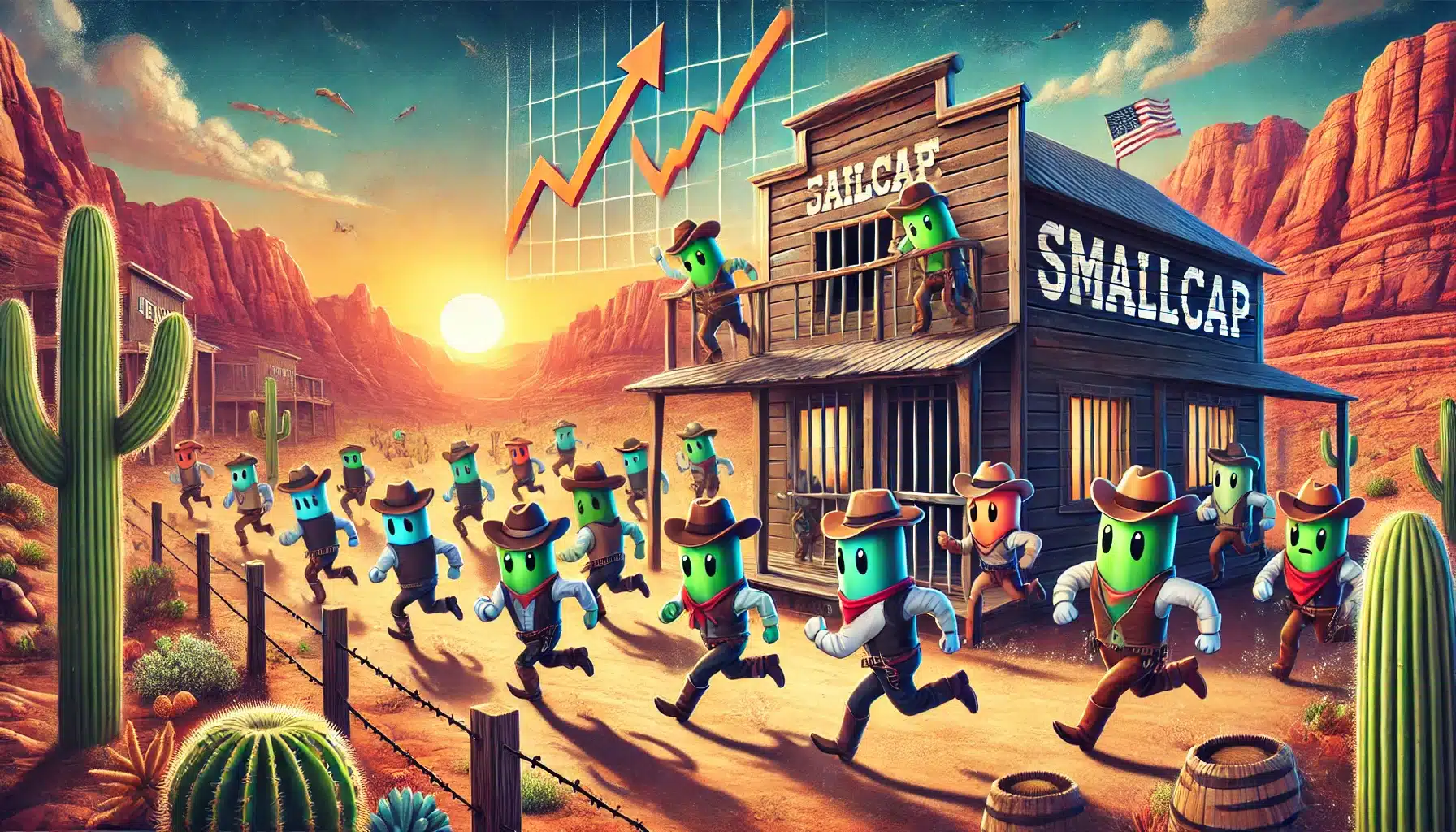
xAI, founded by Elon Musk in March 2023, is an American startup company specializing in the field of artificial intelligence (AI). Its creation marked Musk’s re-entry into the AI landscape following his earlier involvement with OpenAI, a company he helped establish but later left due to disagreements over AI safety concerns. The primary mission of xAI is ambitiously stated as “to understand the true nature of the universe,” with a focus on developing AI systems capable of advanced mathematical reasoning, a feature that sets it apart from existing AI models. For more on a potential xIPo, see below.
The company’s foundation aligns with Musk’s long-standing interest in AI and reflects his continued influence and investment in the sector. xAI’s approach to AI development appears to pivot around creating AI technologies that are not only advanced in their capabilities but also aligned with Musk’s vision of AI safety and ethical considerations. The company’s emphasis on advanced mathematical reasoning could indicate a focus on solving complex, fundamental problems in various domains.
Given Musk’s background and his influential role in companies like Tesla and SpaceX, xAI’s operations and research are likely to be closely watched by the tech world. The company’s potential collaborations with Musk’s other ventures, particularly in areas where AI can play a transformative role, could be significant. However, as with any new venture, particularly in the rapidly evolving field of AI, the future trajectory and impact of xAI remain to be seen. The involvement of experts from various tech giants in xAI’s team suggests a multidisciplinary approach to its AI research and development.
Overall, xAI represents a significant new chapter in Musk’s journey in the AI industry, with a mission that extends beyond conventional AI applications to exploring broader, more philosophical questions about the nature of the universe and the role of AI in understanding it.
xAI IPO?
In its short history, xAI has been tight-lipped about an IPO, but it appears that may be off the table, at least for now.
A recent Bloomberg report said the company was looking to raised a billion in funding, but did not mention an IPO.
In a December 5, 2023 piece, entitled “Elon Musk’s xAI Startup Seeks to Raise $1 Billion in Equity” reporter Kurt Wagner said documents had already been filed.
“Elon Musk’s artificial intelligence company xAI is seeking to raise $1 billion in funding from equity investors, according to a new filing,” he wrote. “Musk has already raised nearly $135 million, according to a document filed Tuesday with the Securities and Exchange Commission, which doesn’t include the names of investors. Axios earlier reported on the filing. Musk created xAI earlier this year to try to compete with other generative AI companies, including OpenAI, where Musk was a co-founder. The company has debuted one product, a chatbot called Grok, trained on data from the X social network, which Musk also owns. It is “designed to answer questions with a bit of wit and has a rebellious streak,” according to the company website.”
xAI Competitive Advantage
xAI, Elon Musk’s venture into artificial intelligence, presents a unique competitive advantage in the AI industry, primarily through its ambitious mission and the leadership of Musk himself. The company’s goal to understand the true nature of the universe through AI sets it apart from other AI companies that typically focus on more immediate commercial applications. This philosophical and exploratory approach could lead to innovative breakthroughs in AI, potentially opening up new avenues for AI application that have not yet been considered.
The leadership and influence of Elon Musk provide xAI with a distinct edge. Musk’s track record of successful ventures like Tesla and SpaceX has shown his ability to disrupt industries and drive technological innovation. His involvement in xAI brings not only a wealth of experience in leading cutting-edge technology companies but also a significant public and media profile that can attract talent, investment, and interest in the company’s projects.
Furthermore, xAI’s focus on developing AI capable of advanced mathematical reasoning is another competitive advantage. This aspect of their AI research is relatively unexplored in the current AI landscape, where most developments have been in areas like natural language processing and machine learning for specific applications. By venturing into this new area, xAI could potentially solve complex problems that are currently beyond the reach of existing AI technologies.
The company’s competitive advantage is also bolstered by the diverse and experienced team Musk has assembled, drawing from top talents in the field who have backgrounds in prestigious AI and technology companies. This diversity in expertise suggests a comprehensive approach to AI development, combining insights from various areas of technology and science.
In summary, xAI’s competitive advantage lies in its unique mission, the high-profile leadership of Elon Musk, its focus on advanced mathematical AI capabilities, and the diverse expertise of its team. These factors position xAI to potentially lead significant advancements in the AI industry, although the actual impact and success of the company will unfold over time.
xAI Competitors
- OpenAI: Founded in 2015, OpenAI has made significant strides in AI research and deployment, notably with Dall-E 2, an AI image generator, and ChatGPT, an AI-powered program designed to interact in human-like conversation. OpenAI’s advancements, particularly in natural language processing with GPT-3 and the anticipated GPT-4, position it as a leading player in the AI field.
- DeepMind: An Alphabet-owned company, DeepMind has been a major force in AI research, especially in understanding protein structures with its AI tool, AlphaFold. This breakthrough in predicting the 3D structure of proteins has major implications for drug and vaccine discovery, showcasing DeepMind’s significant impact on both AI and biomedical science.
- Builder.ai: This company democratizes mobile app development through its no-code platform, powered by AI. It significantly speeds up and reduces the cost of app development, making technology more accessible to a wider audience.
- Abnormal Security: Specializing in cybersecurity, Abnormal Security uses AI to analyze organizational behavior and protect against email-based cyberattacks like phishing and ransomware. Their approach to digital security is particularly relevant in an era where cyber threats are increasingly sophisticated.
- Speechmatics: This startup focuses on Autonomous Speech Recognition software, demonstrating high accuracy across different accents and speaking patterns. Their advanced AI can translate speech to text more effectively than some of the biggest names in technology, indicating their potential to lead in this specific AI domain.
- Unlearn: Unlearn’s use of digital twin technology to accelerate clinical trials represents a significant innovation in the pharmaceutical industry. By creating digital representations of patients, they can reduce the size and duration of control groups in trials, potentially speeding up the delivery of new medications.
- Pano AI: Pano AI employs a combination of AI, advanced camera technology, and cloud software to assist fire departments in early fire detection and management, showcasing the practical applications of AI in emergency response.
- Signifyd: Focused on e-commerce, Signifyd uses machine learning to protect online merchants from payment fraud, exemplifying the application of AI in enhancing digital commerce security.
- Nvidia: Known for its AI computing prowess, Nvidia has developed Instant NeRF, an AI software that transforms 2D photos into 3D scenes, illustrating the company’s innovative approach to AI in digital imaging and graphics.
- Scale AI: (For more on Scale AI and its potential IPO, click here).
These companies represent a cross-section of the diverse applications of AI, ranging from language processing and image generation to cybersecurity, healthcare, and emergency management. Each has its unique strengths and focus areas, contributing to a competitive and dynamic AI industry landscape.



 Share
Share Tweet
Tweet Share
Share




Comment